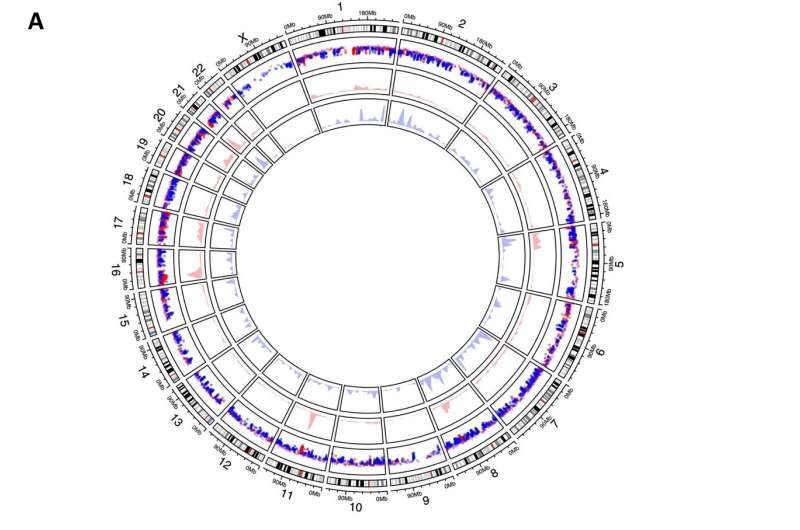While current state-of-the-art diagnostic urine tests, such as the team’s GALEAS Bladder test, are already very accurate and starting to be used in the UK’s National Health Service, they rely on the analysis (sequencing) of small segments of DNA.
The team’s new approach looks at methylation changes across the whole length of the DNA in a urine sample, the first study to map these patterns using a new DNA sequencing technology.
Even though patients’ urine samples contained DNA from both healthy and cancerous cells, the team was able to discriminate cancer from non-cancer patients, even if the tumor DNA level was low. This approach may form the basis of a next generation of diagnostic urine tests that could reveal additional features of tumor DNA, including those detected by the GALEAS Bladder test.

